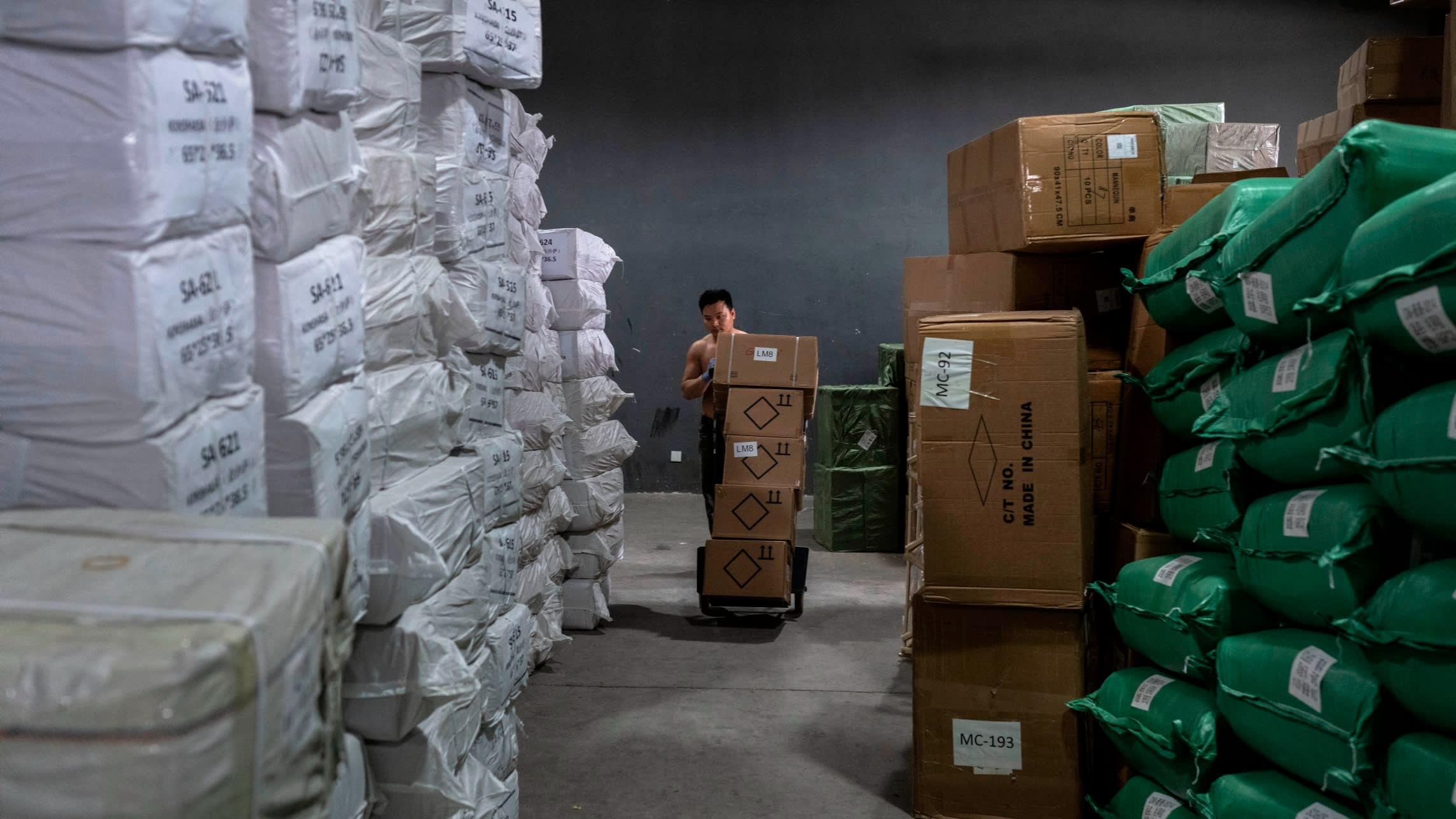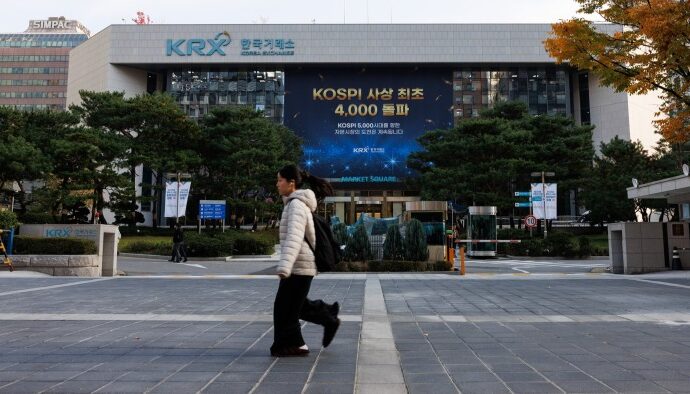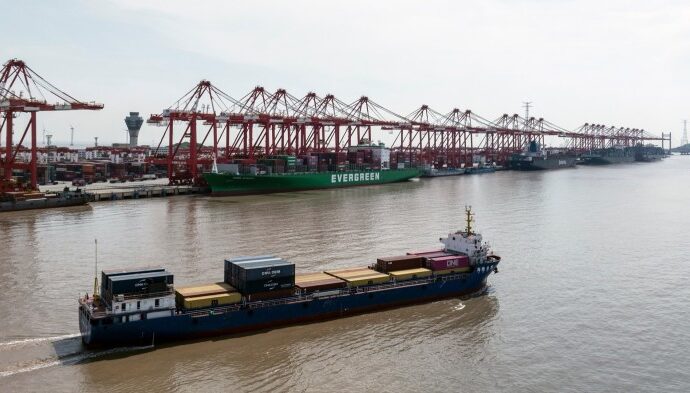
Unlock the Editor’s Digest for free
Roula Khalaf, Editor of the FT, selects her favourite stories in this weekly newsletter.
Most European companies operating in China are already experiencing some positive impact from the country’s trade war with the US or expect to do so, as higher Chinese tariffs price American imports out of the market, according to a survey.
The findings of the survey from the European Union Chamber of Commerce in China indicate that its members, while also suffering from the overall economic impact of US President Donald Trump’s trade war, could take market share from American suppliers, including manufacturers.
The survey, which was conducted last month, found 19 per cent of responding companies were already getting more business from Chinese and foreign customers operating in China because of the trade war. It found 36 per cent had not yet experienced a positive impact, but expected to.
“What we hear anecdotally is that there are a number of European companies that are competing with American companies and perhaps in particular with imports from America,” said Jens Eskelund, EU Chamber president.
“Where they see an opportunity, [is] if those [US] imports are drying up and China will need to find suppliers, non-US suppliers, elsewhere — that this could lead to a potential benefit,” Eskelund said.
He stressed, however, that this did not mean European companies were enjoying a “measurable” net benefit from the trade war, with the economic slowdown and uncertainty weighing on profitability and investment plans.
China has built the world’s most formidable export machine but foreign companies, including those from the US, still play a role in it, particularly in providing high-end machinery and industrial inputs.
Companies wholly or partly owned by foreign investors account for about 30 per cent of China’s trade value, with many of them using imported inputs to produce goods in China for sale locally or for export.
The EU Chamber survey showed that the 125 per cent in tariffs imposed by China on imports from the US were having a bigger impact on its members than Trump’s 145 per cent tariffs on Chinese imports.
About 44 per cent of respondents said they imported goods or supplies from the US that were affected by Chinese tariffs, with the majority saying the price of these items had already risen or would rise.
The majority of those surveyed said they would respond to higher prices on US goods by switching suppliers.
Only 31 per cent, by contrast, said they were being affected by US tariffs on Chinese goods.
The findings differed slightly from a separate survey by the German Chamber of Commerce in China, also conducted last month. That survey found more members were affected by US tariffs on Chinese goods, but mainly indirectly.
Both surveys suggested the trade war had seriously damaged business confidence, but that European companies were still pushing ahead with “localisation” strategies for their China operations — an issue of concern for policymakers in Brussels.
This localisation meant increasing local sourcing for their operations in China to cut dependence on imports and reduce geopolitical risk to their Chinese supply chains.
“Even though you have all this tension here . . . if you are going to be able to compete on price and quality, China is still the place that you need to be,” said Eskelund. “So even though everyone talks about de-risking and everyone wants to become less dependent on China, we actually see a little bit the opposite.”
He said the trade war was not stopping this trend. “We’re actually seeing, in some ways, dependencies on China growing, not diminishing.”


